US House passes defense bill, offering Ukraine $300mn in military aid
The US House of Representatives has proposed $300 million in military aid for Ukraine as part of a massive $770-billion annual defense budget that also includes bids to counter Russia and China.
The compromised version of the fiscal 2022 National Defense Authorization Act (NDAA), passed by the Democratic-controlled House on Tuesday, gives the US military $25 billion more that what President Joe Biden had requested and reflects a five-percent increase compared to last year’s military budget, already by far the largest in the world.
The bill — which includes further purchases of warplanes and warships, in addition to strategies for what it deems as geopolitical threats — is closely watched by a wide range of industry and other interests because of its extensive scope and since it is one of the only major pieces of legislation that becomes law every year.
This year’s defense bill was released shortly after Biden and his Russian counterpart, Vladimir Putin, held two hours of virtual talks on Ukraine and other disputes.
The bill’s proposed $300 million for the Ukraine Security Assistance Initiative is intended to provide support for Kiev’s armed forces. It further includes $4 billion for the European Defense Initiative and $150 million for Baltic security cooperation — all aimed at countering a perceived Russian threat.
The House lawmakers, however, omitted some measures that had strong support in the US Congress, including a proposal to impose mandatory sanctions over the Russian Nord Stream 2 gas pipeline and a plan to subject American women to the military draft for the first time.
The development came days after Russia fiercely rejected new allegations by US media outlets that it is planning a large-scale attack on Ukraine and insisted that Washington was seeking to aggravate the situation through blaming Moscow at a time of tensions between the two neighbors.
“The (United) States is conducting a special operation to aggravate the situation around Ukraine while shifting the responsibility onto Russia,” said Russian Foreign Ministry spokeswoman Maria Zakharova on Saturday. “It is based on provocative actions near Russia's borders accompanied by accusatory rhetoric.”
A recent report by the Washington Post cited US officials and an intelligence document as claiming that Russia was planning a multi-front offensive against Ukraine involving up to 175,000 troops as soon as next year.
However, the US spy chief appeared to dispute the notion on Monday, clarifying that American intelligence agencies had yet to conclude decisively that Russia would invade Ukraine, noting that they did not know what the Russian president has decided.
“We don’t know that Putin has made up his mind to use force,” said US Central Intelligence Agency (CIA) Director William Burns at the Wall Street Journal’s CEO Council Summit on Monday. “But what we do know is that he’s putting the Russian military, Russian security services in a place where they could act in a very sweeping way.”
“I would never underestimate President Putin’s risk appetite on Ukraine,” he said.
US and NATO military officials have persistently claimed that Russia could be contemplating such an invasion of Ukraine, citing what they call “unusual” Russian troop movements near the border with Ukraine.
Moscow, however, has repeatedly made clear that it reserves the right to move its troops around within its own borders and emphasized that its military buildup is not provocative. Russia further countered that it is taking defensive measures against Ukraine’s closer alliance with the West and aspirations to join NATO.
Relations between Ukraine and Russia have deteriorated since 2014, when the then-Ukrainian territory of Crimea voted in a referendum to fall under Russian sovereignty. Kiev refused to recognize the referendum’s outcome and later imposed sanctions on Moscow.
Ukraine, along with its Western allies, also claims Russia has a hand in an ongoing conflict that erupted in the Donbass region between Ukrainian government forces and ethnic Russians in 2014. Moscow denies the allegation.
The NDAA normally passes with strong bipartisan support, and the House of Representatives backed the compromise measure by 363-70 later on Tuesday.
Lawmakers also omitted an amendment that would have banned Americans from purchasing Russian sovereign debt.
Biden’s fellow Democrats control both the House and Senate. The White House has said it supports sanctions if Russia invades Ukraine, but not provisions that could threaten trans-Atlantic ties.
On China, the bill includes $7.1 billion for the Pacific Deterrence Initiative and a statement of congressional support for the defense of Chinese Taipei, as well as a ban on the Department of Defense procuring products allegedly produced with forced labor from China’s Xinjiang region.
Now that it has passed the House, the NDAA must win Senate backing and be signed by Biden to become law.
‘Abhorrent’: Oxfam says only 12 trucks delivered aid in North Gaza since Oct.
VIDEO | Leader receives religious eulogists on Hazrat Fatima birth anniv.
Pope Francis slams Israel’s ‘machine-gunning’ of Gaza children
US hostage-taking of Iranian nationals violation of intl. law: Deputy FM
VIDEO | Carol Singers for Palestine on London’s Parliament Square
Ansarullah says ‘Israeli terrorists’ incapable of confronting Yemen, warns of secret weapons
VIDEO | Yemenis praise the military for its successful operations against Israel
VIDEO | Israel continues to bomb Gaza homes


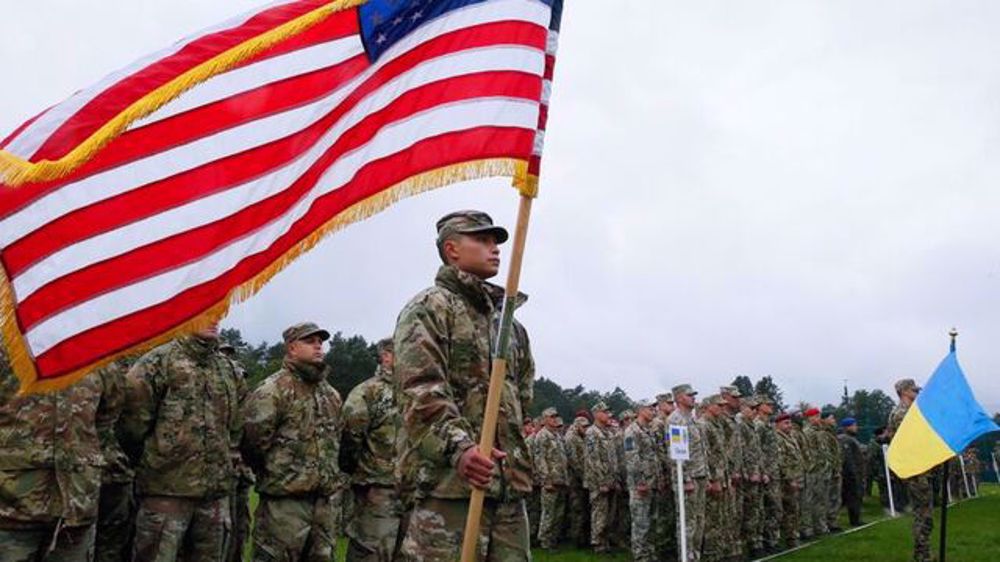
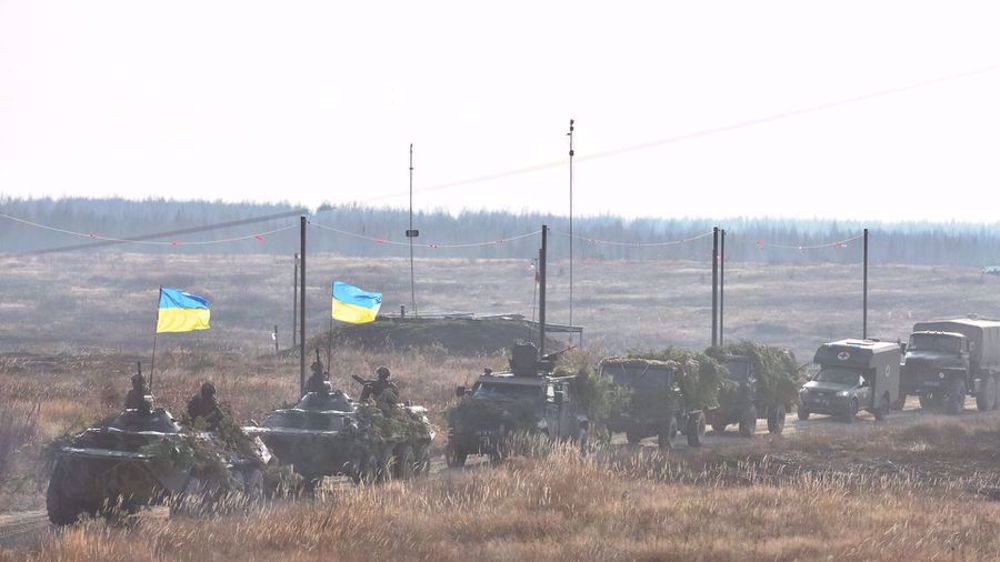
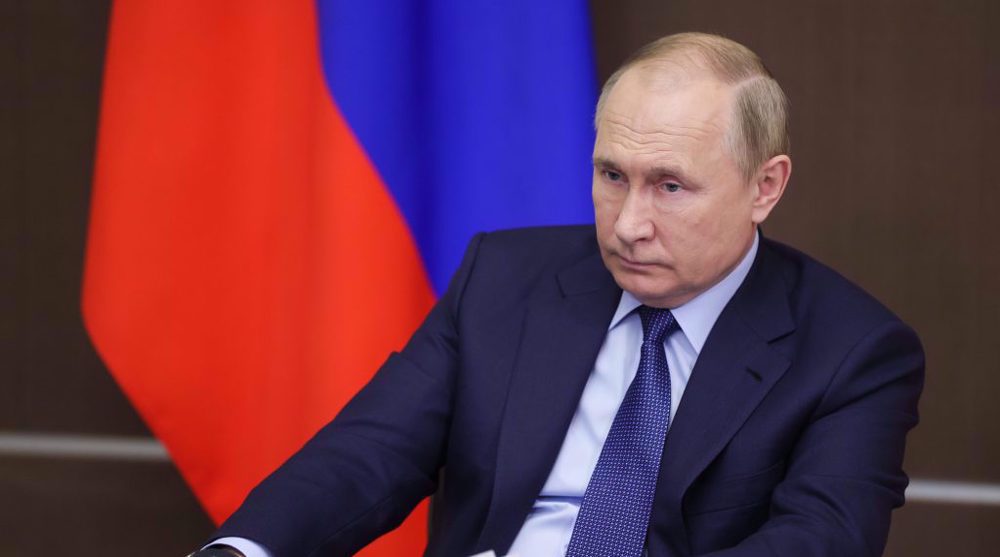
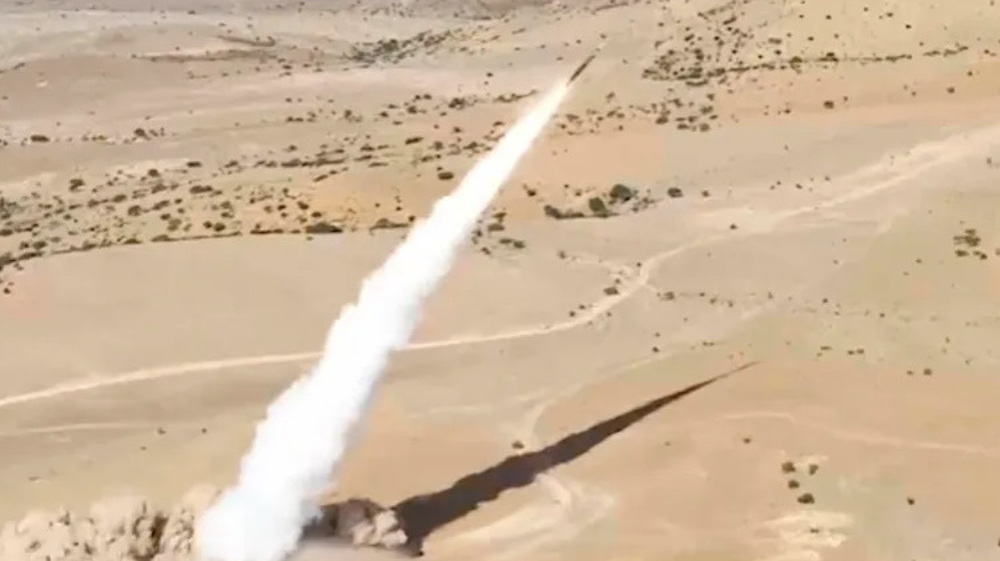
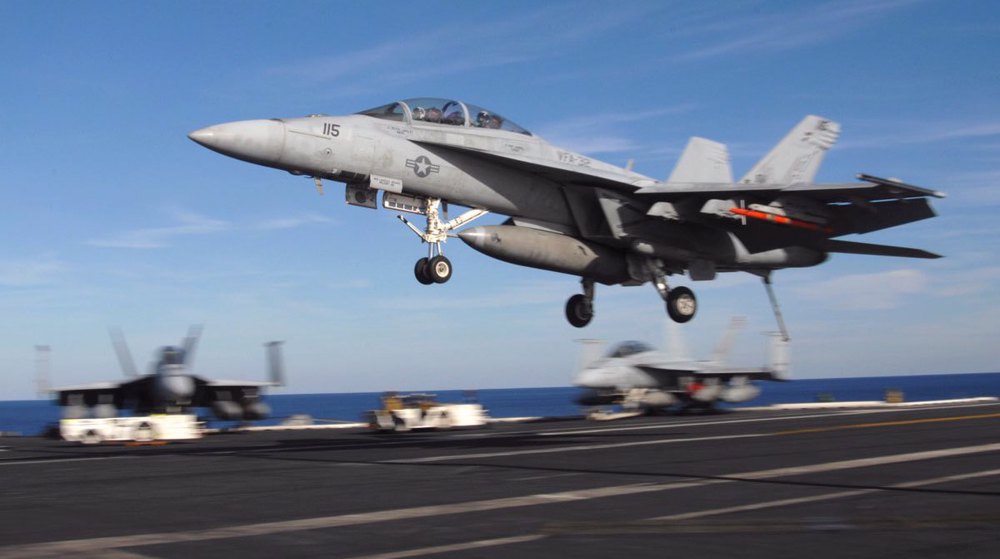




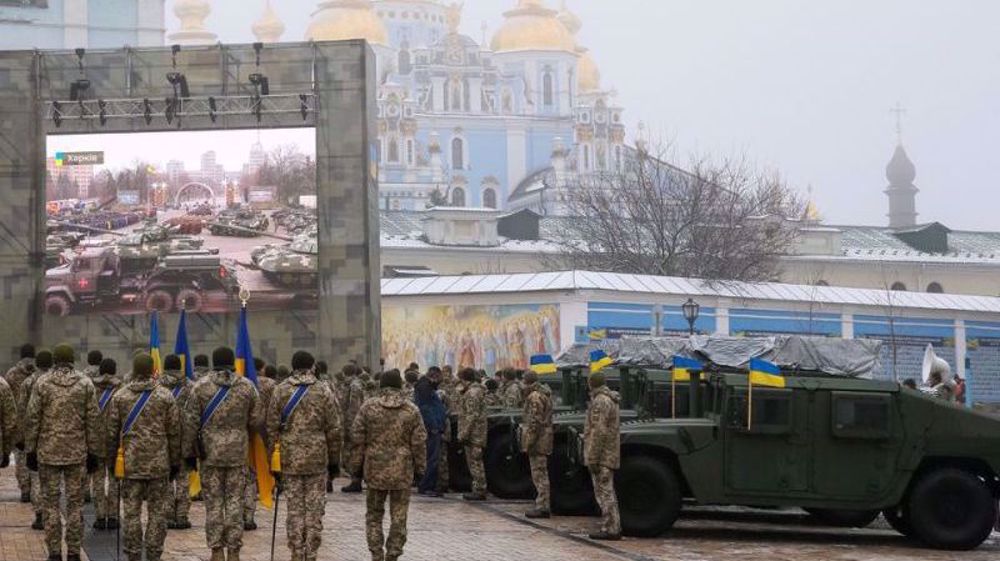

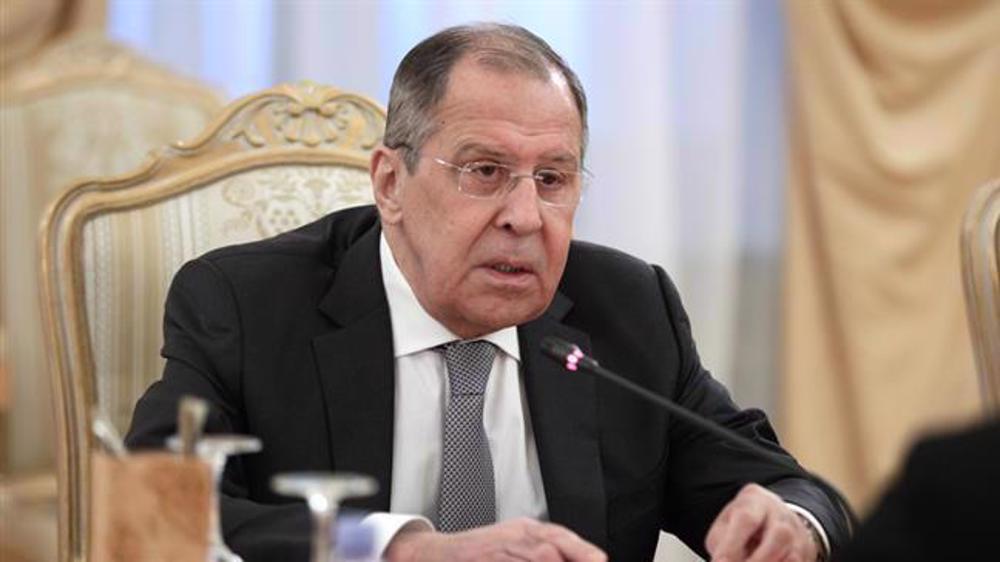

 This makes it easy to access the Press TV website
This makes it easy to access the Press TV website